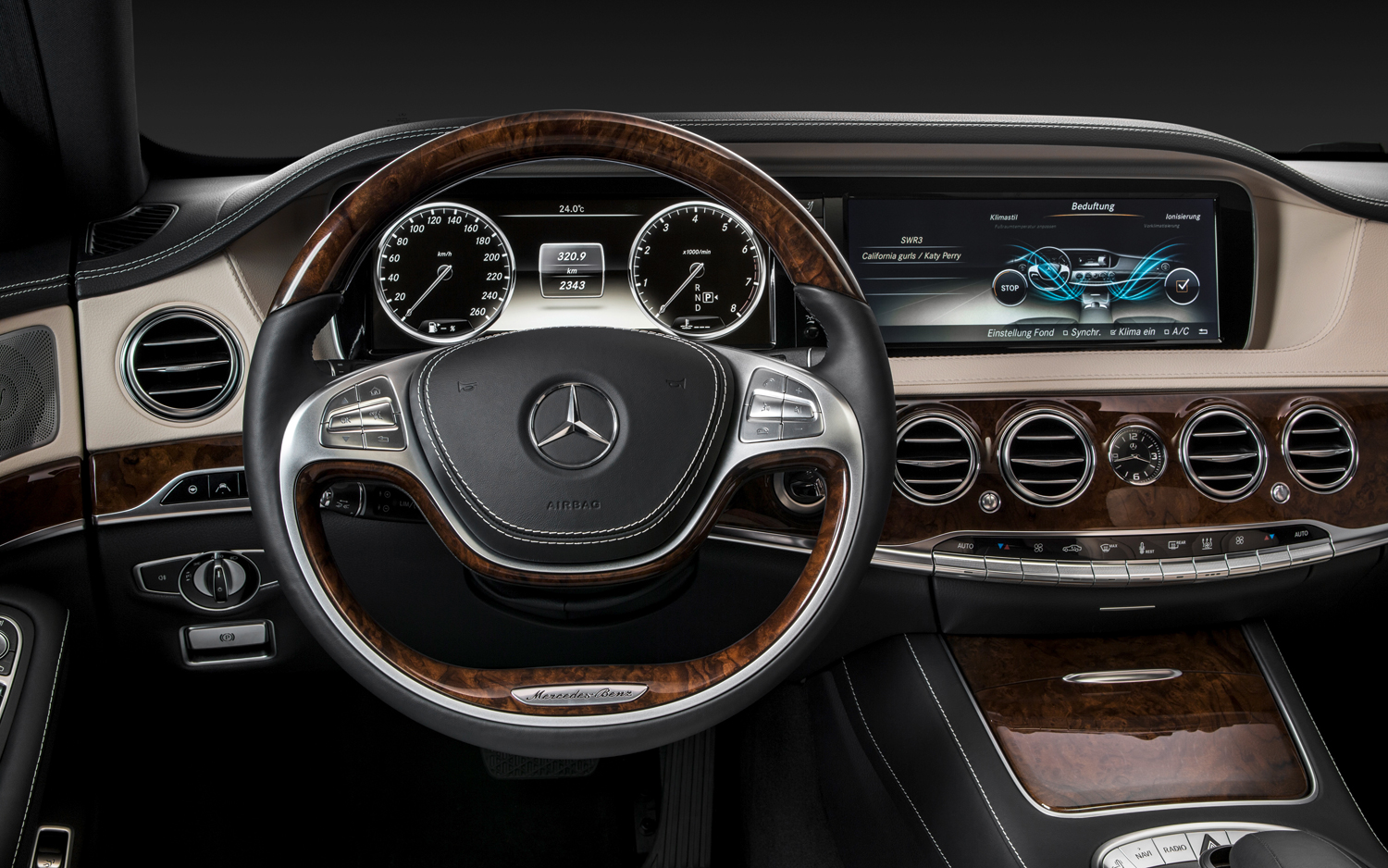There’s nothing blindingly new in Chris Bryant’s Financial Times piece about autonomous cars, but it wisely points out that the transition will be incremental, that the process has, in fact, already begun. An excerpt:
“Ralf Herrtwich, director of driver assistance and chassis systems at Mercedes-Benz, says the networking of cameras, sensors, actuators, data-processing and back-up systems required to deliver autonomous driving is of ‘almost mind-boggling complexity.’ Still, the marque’s owner Daimler aims to be the first to introduce other autonomous functions in series production vehicles this decade.
Indeed, self-driving cars, long a staple of science fiction movies, are step by step becoming science fact and autonomous driving technologies will be very much in evidence when the Frankfurt motor show commences on Tuesday.
Ralf Cramer, board member at Continental, the German parts supplier, explains: ‘Autonomous driving will come about from a base of advanced driving assistance systems. Technically, we can do it already today [in testing and development] but if we put all this technology into a production car, the vehicle would be too expensive.’
Some of these systems are already finding their way into non-premium vehicles. The new Ford Focus can parallel park itself without the driver touching the wheel and the Ford S-Max Concept, to be shown in Frankfurt, includes perpendicular parking capability and automatic braking if a collision with a pedestrian is imminent.”
Tags: Chris Bryant, Ralf Cramer, Ralf Herrtwich

